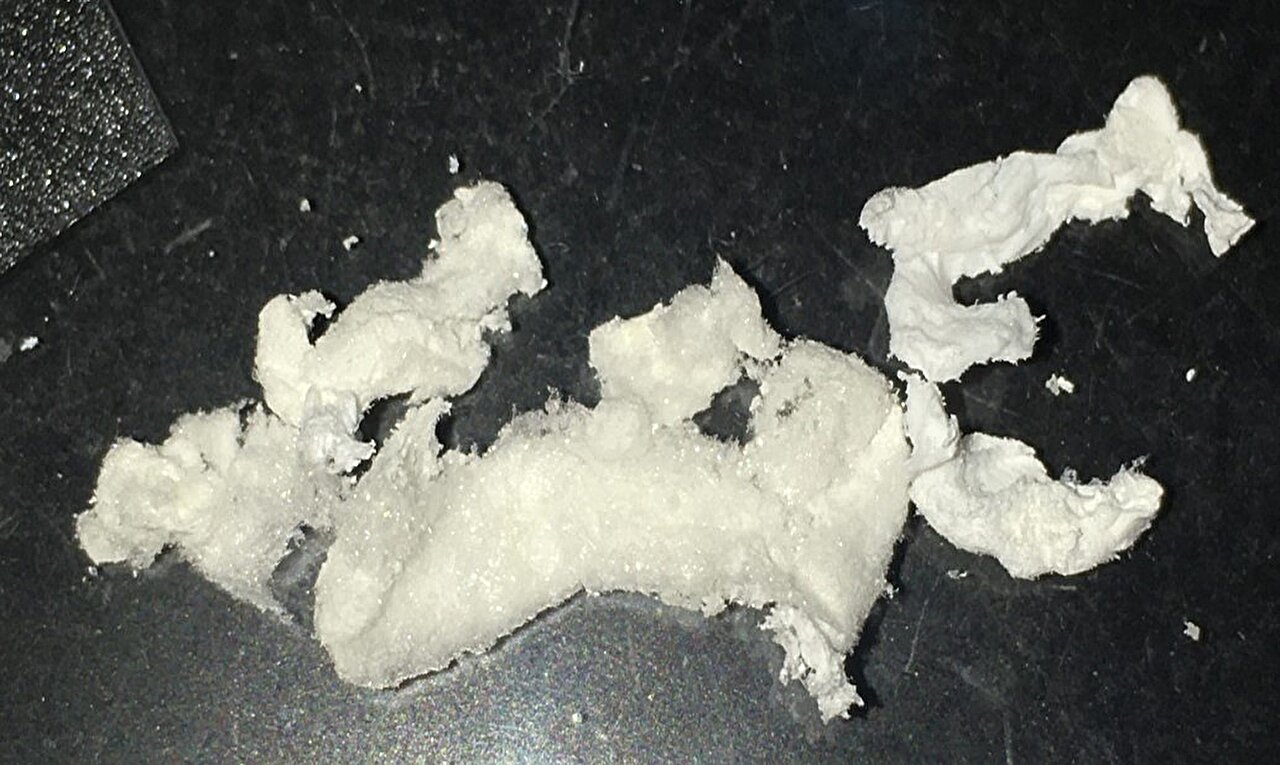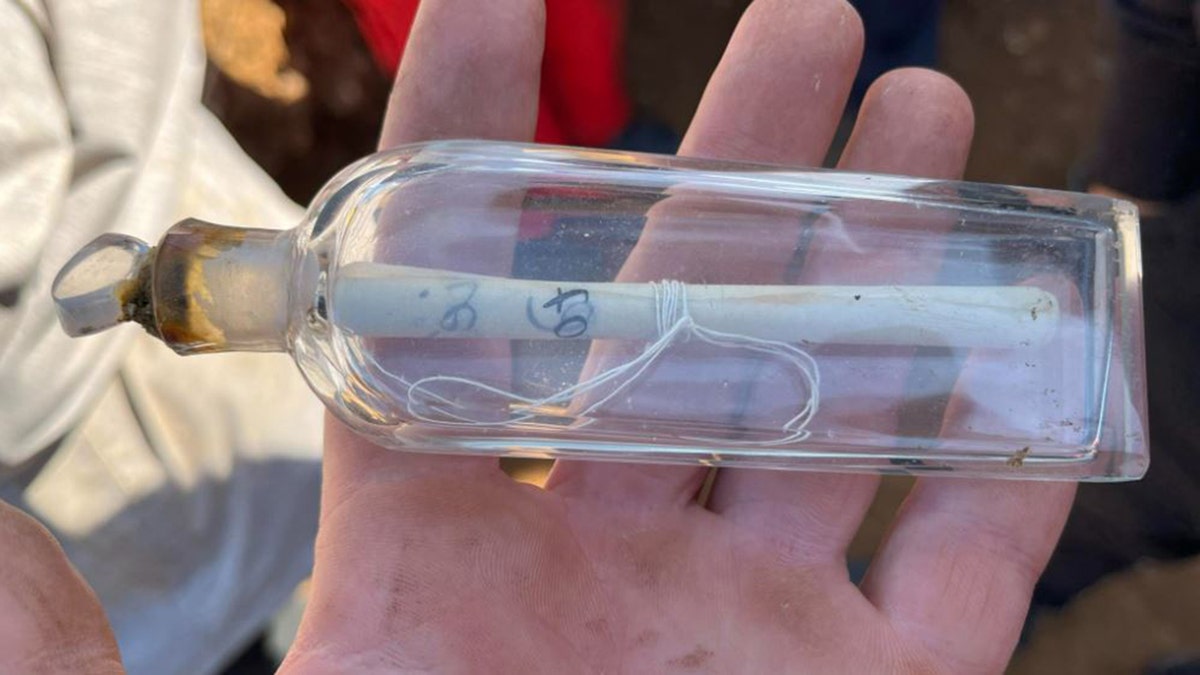The researchers at Rensselaer Polytechnic Institute have created a strain of bacteria capable of transforming plastic waste into a biodegradable spider silk with various applications. This marks the first instance of using bacteria to convert polyethylene plastic into a high-value protein product.
The newly developed silk protein, similar to the silk spiders use to spin their webs, offers potential uses in textiles, cosmetics, and medicine. With its strength, light weight, stretchiness, non-toxic nature, and biodegradability, the protein is a suitable material for a future focused on renewable resources and reduction of plastic pollution.
Polyethylene plastic, a major contributor to global plastic pollution, takes centuries to naturally degrade and is minimally recycled. The bacteria engineered for this study can aid in “upcycling” some of the remaining plastic waste.
The bacteria used in the study, Pseudomonas aeruginosa, naturally consume polyethylene. The researchers overcame the challenge of engineering this bacteria to convert the carbon atoms of polyethylene into a genetically encoded silk protein. Surprisingly, the bacteria produced the silk protein at a yield comparable to other bacteria strains conventionally used in biomanufacturing.
The process involves fermentation of the plastic by bacteria, a method used for centuries in food preservation and biochemical industries. Prior to fermentation, the plastic is depolymerized by heating it under pressure, resulting in a waxy substance used as the nutrient source for the bacteria culture.
The bacteria culture ferments the plastic-derived wax to produce the silk protein, which can potentially be spun into thread or formed into other useful shapes. The process is low-energy and free of toxic chemicals, offering an eco-friendly alternative to traditional plastic production.
The researchers aim to enhance the efficiency of producing the silk protein before making upcycled spider silk products a reality. Their work represents a novel approach to manufacturing eco-friendly products and reducing reliance on nonrenewable resources.















